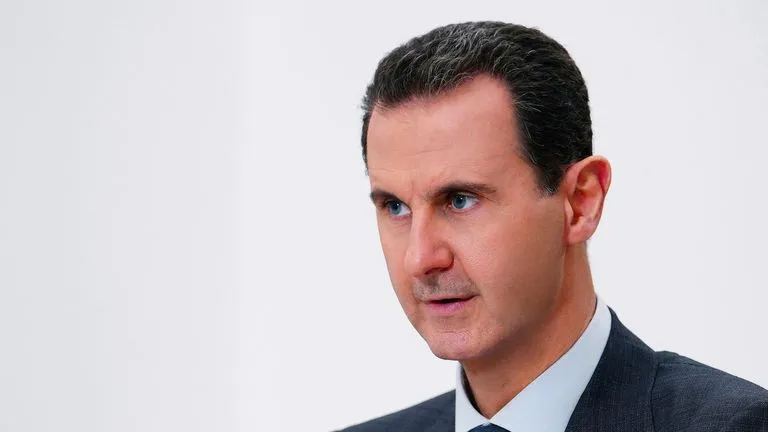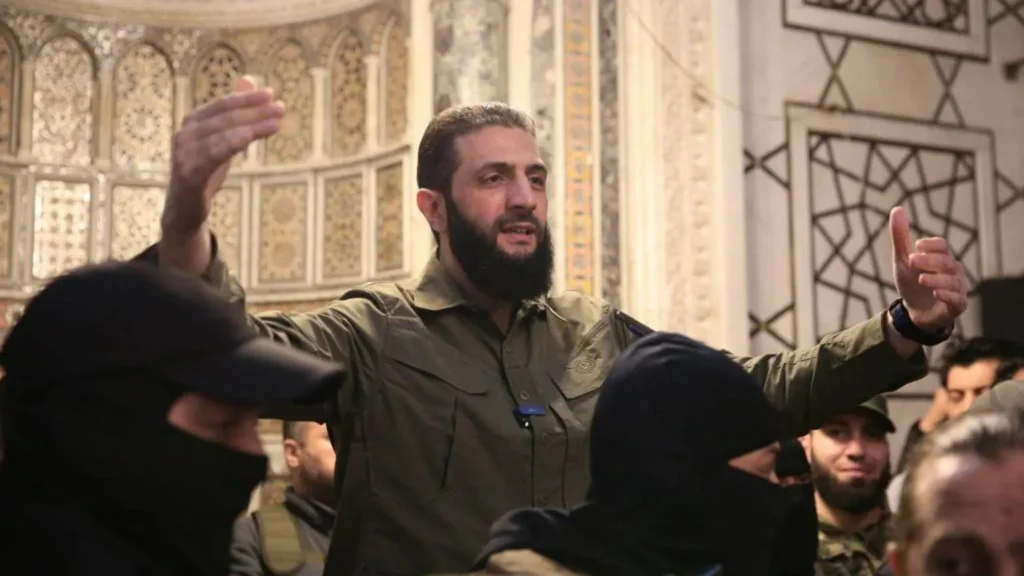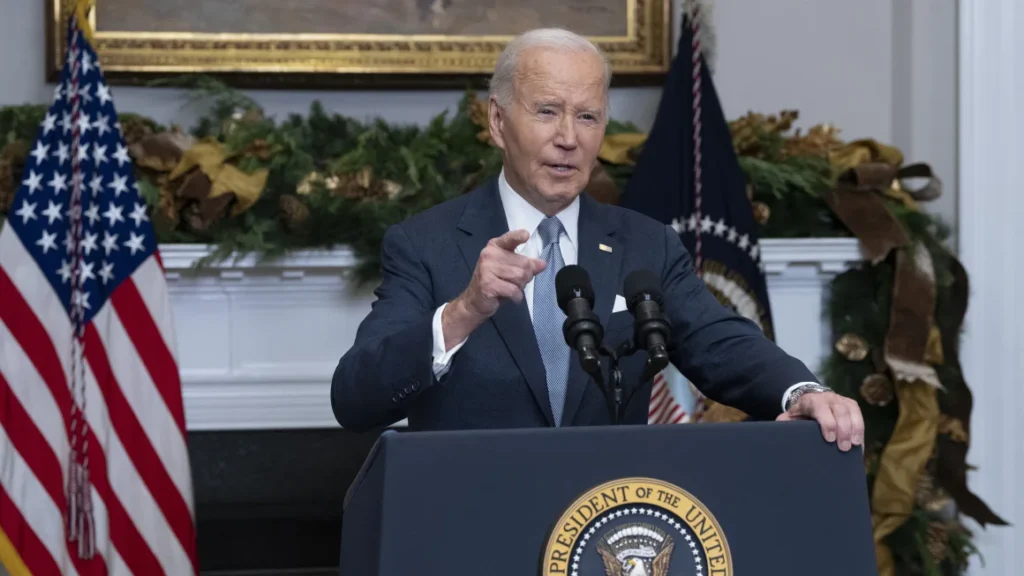Gujarat court acquits ex-IPS officer Sanjiv Bhatt in custodial torture case
PORBANDAR, Dec 8: A court in Gujarat’s Porbandar has acquitted former IPS officer Sanjiv Bhatt in a 1997 custodial torture case, citing that the prosecution could not “prove the case beyond reasonable doubt”.
Additional chief judicial magistrate Mukesh Pandya on Saturday acquitted Bhatt, the then superintendent of police (SP) of Porbandar, in a case registered against him under IPC sections pertaining to causing grievous hurt to obtain confession and other provisions by giving him the benefit of the doubt due to lack of evidence.
Bhatt was earlier sentenced to life imprisonment in a 1990 custodial death case in Jamnagar and 20 years in jail in a 1996 case relating to planting drugs to frame a Rajasthan-based lawyer in Palanpur. He is currently lodged in the Rajkot Central Jail.
The court held that the prosecution could not “prove the case beyond reasonable doubt” that the complainant was forced to confess to the crime and made to surrender by voluntarily causing pain using dangerous weapons and threats.
It also noted that the sanction required to prosecute the accused, who was then a public servant discharging his duty, had not been obtained in the case.
Bhatt and constable Vajubhai Chau, against whom the case was abated after his death, were charged under sections 330 (causing hurt to extort confession) and 324 (causing hurt with dangerous weapons) of the Indian Penal Code on the complaint by one Naran Jadav for causing him physical and mental torture in police custody to extract confession in a Terrorist and Disruptive Activities (Prevention) Act (TADA) and Arms Act case.
A first information report was filed against Bhatt and Chau in a Porbandar city B-division police station on April 15, 2013, following the court’s direction on Jadav’s complaint before a magistrate court on July 6, 1997.
Jadav was one of the 22 accused in the 1994 arms landing case.
According to the prosecution, a team of Porbandar police had taken Jadav to Bhatt’s residence in Porbandar on July 5, 1997, from the Sabarmati Central Jail in Ahmedabad on a transfer warrant.
Jadav was given electric shocks on different parts of his body, including his private parts. His son was also given electric shocks.
The complainant later informed the court of the judicial magistrate about the torture, following which an inquiry was ordered. Based on the evidence, the court registered a case on December 31, 1998, and issued a summons to Bhatt and Chau.
On April 15, 2013, the court ordered an FIR against Bhatt and Chau.
Bhatt is undergoing life imprisonment in a 1990 Jamnagar custodial death case.
In March 2024, the former IPS officer was also sentenced to 20 years imprisonment by a court at Palanpur in Banaskantha district in a 1996 case related to planting drugs to frame a Rajasthan-based lawyer.
He is also an accused in a case of alleged fabrication of evidence in connection with the 2002 Gujarat riots cases along with activist Teesta Setalvad and former Gujarat director general of police R B Sreekumar.
Bhatt, who was removed from police service by the Gujarat government over unauthorised absence, moved the Supreme Court challenging the Gujarat High Court’s January 9, 2024 order dismissing his appeal.
The high court had upheld the conviction of Bhatt and co-accused Pravinsinh Zala under sections 302 (murder), 323 (voluntarily causing hurt) and 506 (criminal intimidation) of the IPC for murder by the sessions court in Jamnagar on June 20, 2019.
Bhatt, as the then additional SP, had detained around 150 people on October 30, 1990, following a communal riot in Jamjodhpur town following a ‘bandh’ call against the halting of BJP leader L K Advani’s ‘rath yatra’ for the construction of a Ram temple in Ayodhya.
One of the detained persons, Prabhudas Vaishnani, died in hospital after his release.
Bhatt had hit the headlines when he filed an affidavit in the apex court alleging then chief minister Narendra Modi’s role in the 2002 Gujarat riots. A special investigation team debunked these allegations.
He was suspended from service in 2011 and sacked by the Ministry of Home Affairs in August 2015 for “unauthorised absence”. (PTI)



